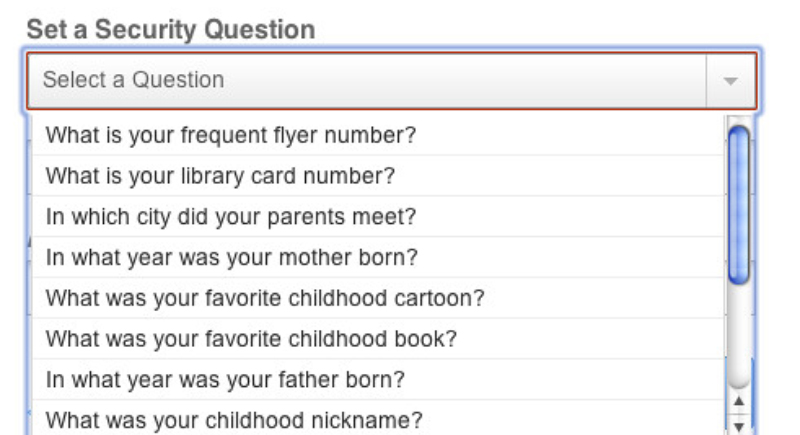10 Things You Should Never Share With AI
When you chat with AI, it’s easy to get carried away and overshare, but some things should remain private. Protecting your privacy and data is key, so here’s a list of things you should never share with AI. Stay safe and keep your information to yourself!
Sensitive Financial Details

Credit: Canva
Never share credit card numbers, bank details, or your Social Security number with AI. Even if the system seems secure, financial data is a major target for cybercrime. The FBI reports that about 33% of all cyberattacks involve some form of financial fraud or theft.
Medical Information

Credit: Aflo Images
Since these platforms are not designed to handle or protect sensitive health data, it is best to avoid sharing your medical history or health conditions. For accurate medical advice, always consult a licensed healthcare professional. Your health records belong with them, not chatbots or virtual assistants.
Sensitive Personal Data

Credit: Getty Images
Keep personal information, such as your home address, phone number, or birthday, out of AI chats. Data breaches happen, and once leaked, that info can’t be taken back. In 2020, businesses lost an average of $3.86 million per breach—don’t let your data be part of that cost.
Workplace Secrets

Credit: Getty Images
Think twice before discussing company info with Artificial Intelligence. It’s best to keep internal work matters private, between you and your team, rather than discussing them in a digital chat. Business strategies, client data, or project plans could be at risk. Once shared, that information might be stored or misused.
Login Credentials

Credit: Getty Images
Be smart and never share your usernames or passwords, regardless of the circumstances. While it may feel convenient, AI platforms are not password vaults. A 2021 survey found that 65% of Americans reuse passwords—don’t make it easier for hackers by throwing yours into a chatbot.
Personal Thoughts and Feelings

Credit: pexels
AI can chat, but it’s not a substitute for your therapist. Sharing your deep thoughts or personal emotions might feel cathartic, but that info can be stored for analysis. Unlike people, AI can’t offer empathy or confidentiality, so save those talks for trusted friends or professionals.
Explicit Content

Credit: Getty Images
In 2022, 1.7 million online abuse reports involved explicit content—don’t add your name to that statistic. Sending explicit messages, images, or videos to AI is a big no-no. Besides breaking most platform rules, this action can also lead to your content being stored or misused.
Sensitive Legal Information

Credit: Canva
Legal stuff—like ongoing cases or disputes—should stay between you and your lawyer. Artificial Intelligence is not protected by attorney-client privilege, so anything you share could come back to bite you. Legal privacy matters, and chatbots aren’t the place to hash out lawsuits or legal troubles.
Criminal Activity

Credit: Canva
Never talk about crimes with AI, and by that, we mean past, present, or planned. Even sharing what you’ve witnessed can raise red flags. The FBI utilizes AI to track illegal online behavior, so your conversation may not be as private as you think. It’s not worth the risk.
Security Questions and Answers

Credit: flickr
Those “name of your first pet” or “where you were born” questions are meant to protect you. If you tell an AI your answers, you’re handing over your digital keys. Keep security answers to yourself—AI isn’t the place to store them, no matter how helpful it seems.